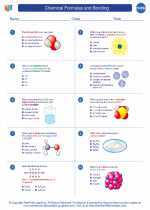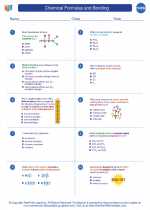Niche in Ecology
In ecology, a niche refers to the specific role or function that an organism or species plays within its ecosystem. It includes the physical and biological conditions in which a species lives and the way it interacts with other organisms and the environment. Understanding the concept of niche is crucial for understanding how different species coexist and interact within an ecosystem.
Components of a Niche
A niche can be broken down into two main components:
- Environmental Niche: This includes the physical and environmental factors that define the conditions in which a species can survive and reproduce. This may include factors such as temperature, humidity, availability of resources, and other abiotic factors.
- Functional Niche: This refers to the specific interactions and relationships that a species has with other organisms within its ecosystem. It encompasses the species' feeding habits, behavior, and its role in the flow of energy and nutrients within the ecosystem.
Niche Differentiation
When multiple species coexist within the same ecosystem, they often have distinct niches to minimize competition for resources. This is known as niche differentiation, where species evolve to occupy different ecological niches to reduce competition and maximize their chances of survival.
Study Guide
To study the concept of niche in ecology, consider the following key points:
- Understand the difference between environmental niche and functional niche.
- Explore examples of niche differentiation in different ecosystems and how it contributes to biodiversity.
- Examine case studies or research articles that demonstrate how human activities can impact the niches of various species.
- Discuss the concept of fundamental niche versus realized niche, and how biotic and abiotic factors can influence a species' niche.
- Consider the concept of niche overlap and how it can lead to competition or coexistence among species.
[Niche] Related Worksheets and Study Guides:
.◂Chemistry Worksheets and Study Guides High School. Chemical Formulas and Bonding

 Worksheet/Answer key
Worksheet/Answer key
 Worksheet/Answer key
Worksheet/Answer key
